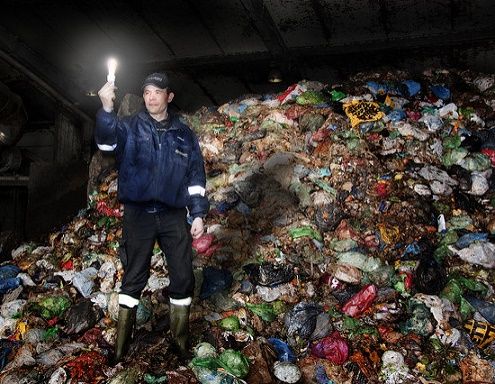An evaluation of Copenhagen Municipality’s food waste recycling system reveals that 72 percent of a potential 530,000 Copenhageners are now sorting their biowaste.
That is a lot more than expected when the scheme was introduced last summer.
READ ALSO: Copenhageners taking to the new system for sorting biowaste
Before the scheme was rolled out, the goal was to collect 10,000 tonnes of biowaste during 2018. This has now been adjusted upwards to 14,000 tonnes based on the amount actually collected in the first quarter of this year.
Plastic up too
As well as biowaste, the amount of collected plastic has also shot up since a sorting and recycling scheme was introduced in 2012.
Last year the municipality collected over 1,700 tonnes of plastic waste that can be reused instead of being burnt to the detriment of the environment.
Biowaste can be turned into biogas as well as nutrients being extracted for fertiliser. The gas can be stored until it is needed, unlike energy derived from incineration.















